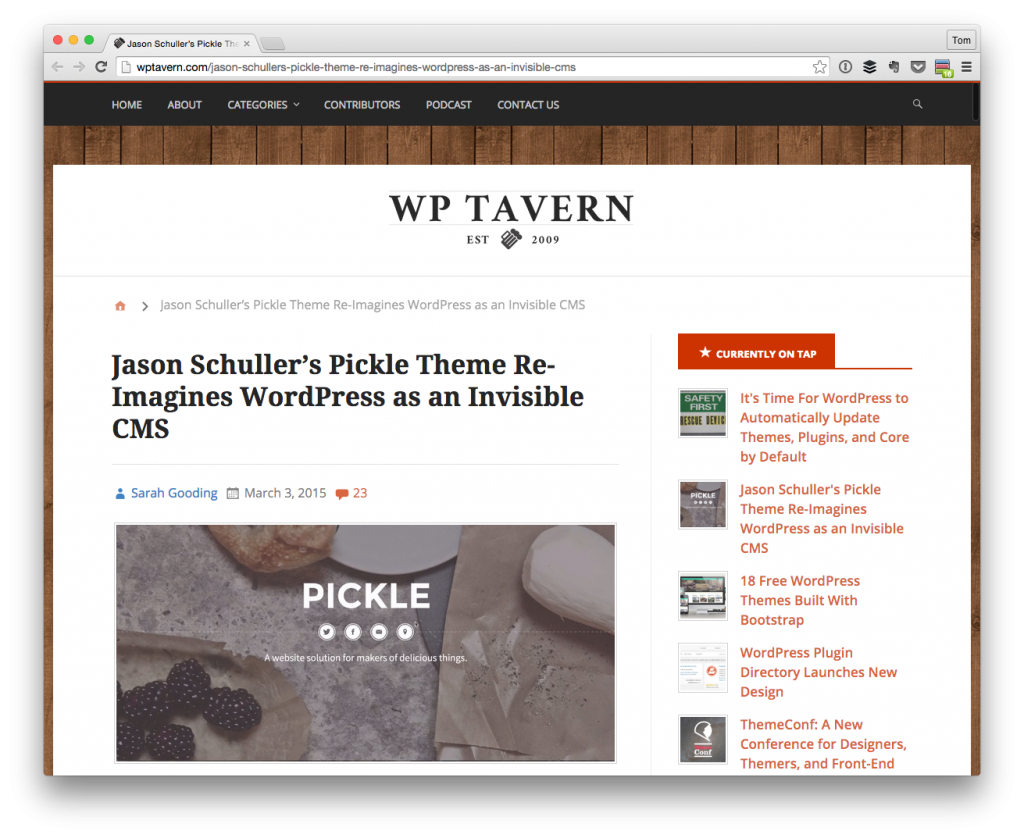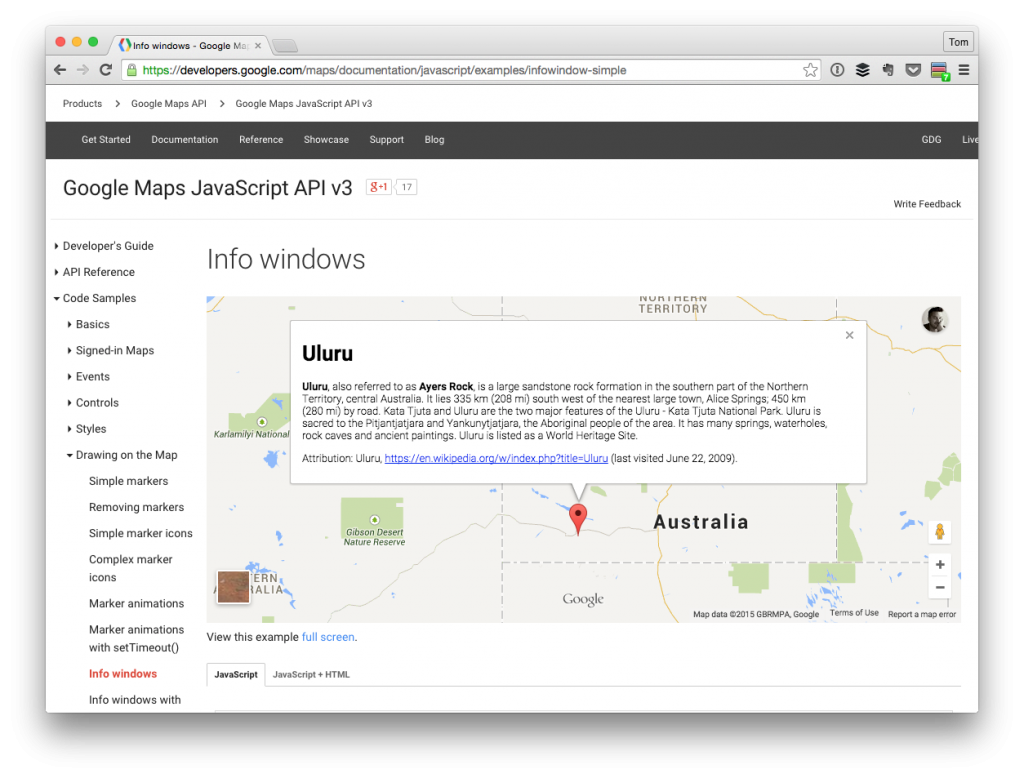One of the biggest challenges that comes with working with PHP and WordPress is determining which version of PHP to use.
From the WordPress.org Requirements page:
PHP version 5.2.4 or greater (recommended: PHP 5.4 or greater)
With respect to PHP, a lot has changed between 5.2.4 and 5.4. And the problem, for developers, usually comes down to something like this:
If we opt to stick with the oldest supported version then we have the largest audience appeal, but if we stick with newer versions then we get some nice, new features in the language but at the expense of certain hosts.
So when it comes to WordPress and PHP, what do we do?



